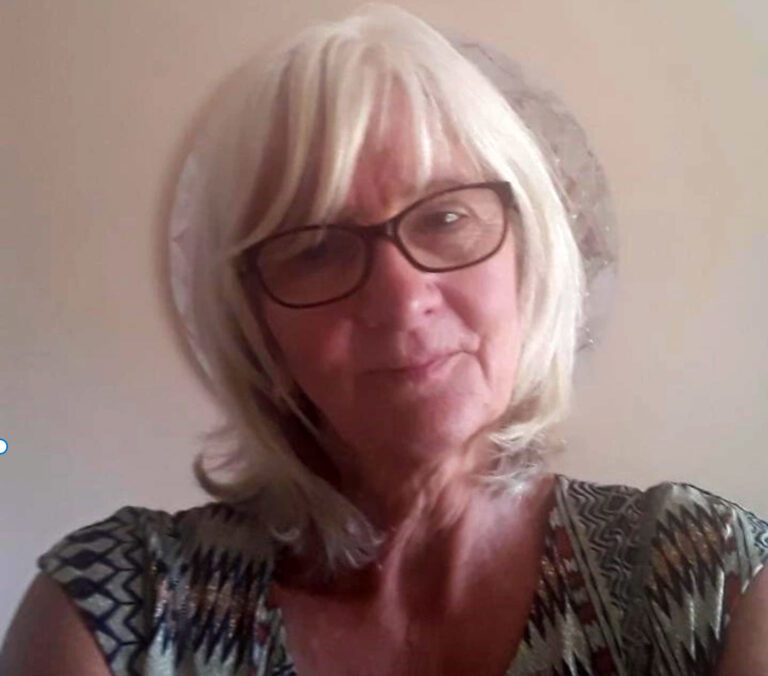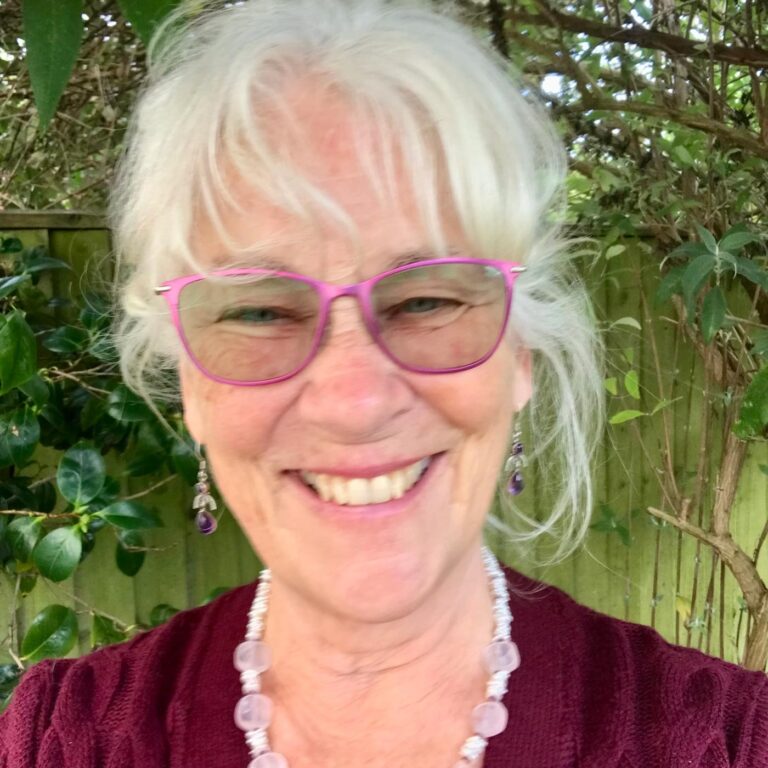I have now had a chance to reflect on my concern over Liz Kershaw’s Sunday Times article (20th Feb), Cause of Death: the NHS (only accessible to those who to subscribe to the Times On-line).
It is about her experience of how NHS medical staff treated her 87-year-old dying grandfather.
She starts the piece by saying, ‘Tell you what: why don’t we just put a pillow over his face and finish him off? Day after day’, Liz continues, ‘I witnessed the deliberate withholding of nutrition that resulted in his ‘accelerated, yet agonising and undignified death.’
I too, have witnessed the death of an elderly person in an NHS hospital. He was my 87-year-old bull of a father who was struck down just over two years ago by a massive stroke. But, I had a completely different experience from Liz Kershaw, as I have also discussed in my book, The D-Word: Talking about Dying.
Fortunately while Dad was still in good health, he and I had talked about his death. I am deeply grateful to him for making it clear while he still could that should his quality of life become seriously impaired, he did not want to be resuscitated or receive life-prolonging treatments.
So, having discussed this with the NHS medical staff who were caring for him, I proceeded to sit at his bedside for eight gruelling days, knowing, unlike Liz, that it was in his best interests for him not to receive food or fluids. During that time, I would have dearly loved to have put a pillow over his face. But of course, that is out of the question, or under present English law potentially accompanied by a long prison sentence for murder.
However, it certainly gave me a lot of time to think about how society’s relationship with death has changed.
Less than 80 years ago, death was an event that happened mostly at home. Young and old knew what death looked like, and what to expect. Today most of us haven’t got a clue.
Since most people these days die in hospitals, hospices and nursing homes, we learn about death from what we see on films or read about in books. But, these images usually cover up the reality of death. Because, let’s face it – as I am sure those of you who have sat beside a dying person will agree – death isn’t pretty. And, that’s why it can be so very shocking for people who are suddenly exposed to it.
As Liz found out, the reality of caring for the elderly who are dying in NHS hospitals is also shocking. I am not defending poor nursing care. But general nurses are not specialists in geriatric care, and hospitals are institutions where people hopefully get well, not die.
As I discuss in my blog last week, Woman Aged 97 Fitted With Pace-Maker: Is The World Going Mad, the elderly often end up as emergency hospital admissions. However, the NHS is tightly staffed at the best of times, and now becoming more so, and I’m afraid the care of older patients can suffer drastically.
I do, however, take issue with Liz’s outrage of her grandfather’s treatment by doctors.
Speaking as an ex-nurse who looked after many dying people during my training (albeit it back in the 70s), I understand that forcing food onto patients who are dying can intensify their distress. Better, often, just to make them as comfortable as possible.
Likewise, fluids are often withdrawn at the end of life. In The D-Word: Talking about Dying, a doctor explained to me how, during the dying process, bodily secretions increase as organs begin to close down. These gather in the lungs (a truly ghastly noise). Providing intravenous fluids adds to the amount of secretions, making breathing even more difficult and uncomfortable. Far better, and kinder, to give gentle mouth-care, and small sips of water to moisten lips and mouth.
Morphine is also often given to settle dying patients who are becoming distressed. Similar to Liz’s grandmother, this happened to my father on the morning he died. Personally, I was glad. He had suffered enough.
Because I understood the dying process, and was not fighting my father’s death or the medical staff, those eight days I sat with him gave me the opportunity to say my farewells. I can’t say I enjoyed watching him die, because I didn’t. But I was there at the moment he went, and I am at peace with what happened to him.
But, like Liz, I want change in our cultural attitudes towards death. I quite agree that end-of-life care for the elderly needs to be a priority. NHS staffing levels, the quality of nursing care, and availability of beds are enormously important, continuing issues.
Even more important, for me, would be a comprehensive drive to educate relatives about how death happens, what to expect, and the importance of learning to say to goodbye with acceptance and grace.
Death is after all, our only ultimate, shared certainty.







